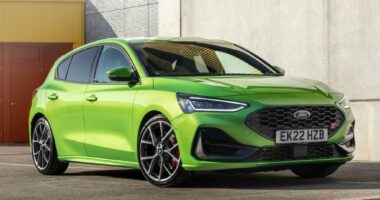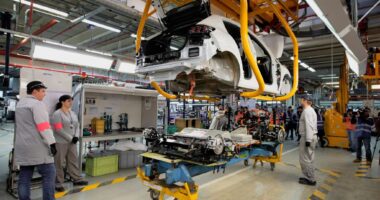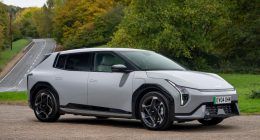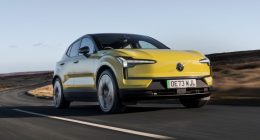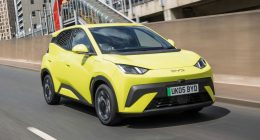Northern Ireland’s electric car charging infrastructure is to receive a cash injection to the tune of more than £1.3m as efforts to persuade local motorists into zero emission models intensify.
A total of £1,348,370 is being released by the Office for Zero Emission Vehicles, with this being invested in electric vehicle charge-points in residential areas across Northern Ireland.
The Department for Infrastructure is putting forward half-a-million pounds of match-funding, with this being made available to local councils via a Derry City and Strabane District Council consortium.
Late last year, a Task Force was created to fast-track charging facilities in Northern Ireland. With this badly lacking compared to other parts of the UK, this is seen as one of the reasons why car owners here are so reluctant to make the switch.
Welcoming the funding, Infrastructure Minister John O’Dowd said: “In order to tackle the decarbonisation of transport and address climate change we must seriously prioritise sustainable modes of transport.
“This offer of funding from OZEV and the match funding of £500,000 that I am making available to a local council consortium led by Derry City and Strabane District Council for 2021-22 applications, subject to public expenditure processes, is a further welcome boost to help accelerate the transition to zero emission cars and vans.
“Having access to available and convenient charge-points is another important step forward. My Department has set up an EV Infrastructure Task-Force which brings together representatives from government, consumers, energy providers, industry and EV drivers to consider our EV Infrastructure requirements.
“The task-force will help set out a clear action plan by autumn 2022 to deliver a fit for purpose, modern EV charging network.”
In all, 124 electric vehicle charge points are set to be introduced to residential areas.
The British government’s Decarbonisation Minister Trudy Harrison added: “Our On-Street Residential Charge-point Scheme will help councils across Northern Ireland to install more charge-points, helping drivers make the switch to electric vehicles.
“By making charge-points more accessible, particularly to those without a driveway, we can help more and more people make the switch while supporting cleaner air and our journey to net zero.”



